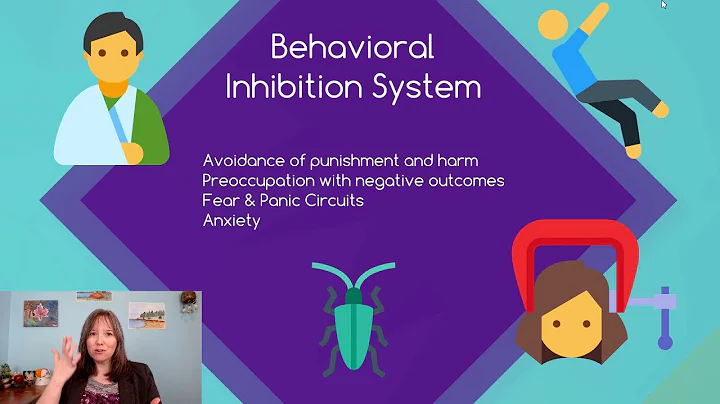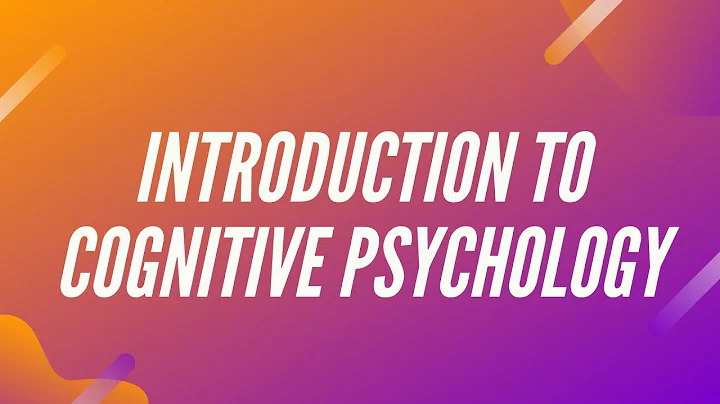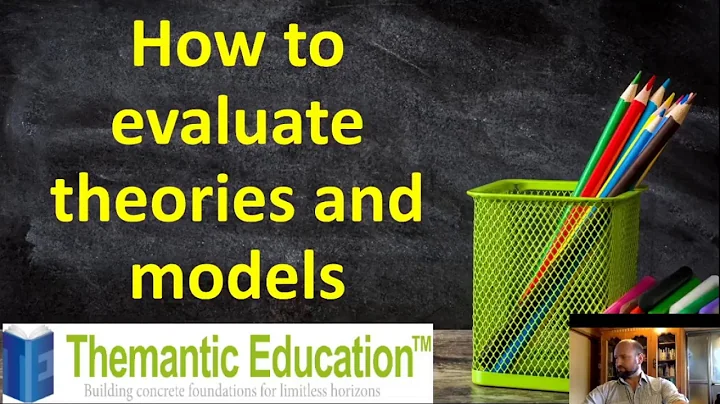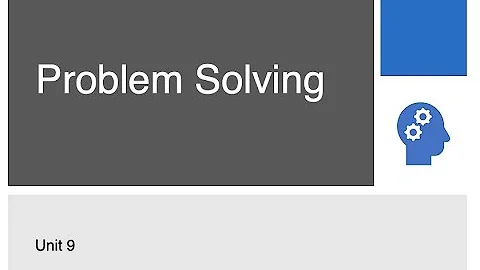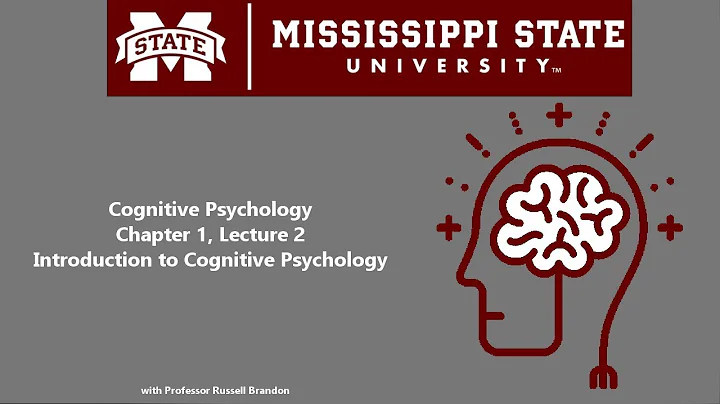The following content is excerpted from Listening to Peace Basic Psychology Unit 7 Thinking Section 1 General Concept of Thinking
In this unit we will introduce to you the concept and types of thinking, and the two basic units of thinking: representation and concept, and introduce reasoning one by one. Thinking processes such as problem solving and decision-making

1. Overview of thinking What content will we cover in this unit and a rough explanation of some concepts
2. The general concept of thinking
(1) What is thinking? -Review: The concepts of feeling, perception, and memory processes
1. What is perceptual knowledge? The difference from what we think of as perceptual beings in life - give 2 examples
2. What is rational cognition?
3. The difference and relationship between thinking and feeling, perception and memory
4. Preliminary understanding: definition of concepts
5. Three components of thinking
6. Three main processes of thinking (main methods)
(2) Characteristics of thinking
1. What Call it generalization of thinking? -Example: fruit; the concept of number
(1) Summarize the three important effects on a person's existence (detailed explanation: from the scope of cognition; thinking level; correct decision-making)
(2) What is a concept?
(3) The relationship between concepts and generalizations
(4) The formation of concepts
2. What is the indirectness of thinking? (35:08)
(1) The actual manifestation of indirect thinking:
1) Reasoning about what happened in the past - pushing the door and seeing a layer of white on the ground;
2) Reacting to things that cannot be directly perceived with the help of media - The inside of the atomic nucleus
3) Foreseeing things that have not yet happened - the appearance of astronomical solar eclipses
(2) The role of indirect thinking: (detailed explanation: cognitive level, reasoning)
(3) Why can thinking reflect indirectly?
3. The real-life effects of the two characteristics of thinking
4. Experimental proof: without objective stimulation, people will have no consciousness
5. A typical function of thinking: it can reorganize experience
(1) Detailed explanation: Unwilling to deal with one's own experience The relationship between updating and mental health
(2) Psychological diagnosis: Why does a person have the confusion "Am I still the same person after I changed my personality?"
(3) Why is the generation gap between parents and children caused by parents? Notes to parents about this psychological truth
(3) 4 basic forms of thinking operations (49:40)
1. What is analysis and synthesis?
(1) Analytical definition
(2) Comprehensive definition
(3) [Expand knowledge] Human personality health aspects
1) Teacher Ma’s values: “I don’t like to separate humans from animals, because humans are also a kind of Animals. I like to talk about people and other animals.People also have the attributes of animals, and animality overrides sociality."
2) Mental illness diagnosis: A person is afraid of thinking, or is afraid that his personality is multi-faceted. What kind of problem is this? (Teacher Ma explains in detail)
2. What Is it abstraction and generalization?
(1) The definition of abstraction
(2) The definition of generalization
3. What are the four basic formal operation steps?
3. Classification of thinking (59:18)
(1) According to the nature of the thinking task , content and problem-solving methods and thinking forms
1. Intuitive action thinking (practical thinking)
(1) Definition
(2) The difference between the intuitive action thinking of adults and children before 3 years old
2. What is image Thinking?
3. Logical thinking (abstract thinking) - people live by this thinking after the age of 6
(1) Definition
(2) What is the fundamental difference between human thinking and animal psychology?
(3) Teacher Ma’s own "Gai" "House model" - bricks (concept), cement (logical rules), building a house (logical process)
(4) What are the basic components of image thinking and logical thinking?
(2) Divide according to content
1, empirical thinking
( 1) Definition
(3) Examples of empirical thinking
(4) A drawback of empirical thinking (to be overcome)
2. What is theoretical thinking?
(3) According to the way of solving problems
1, Intuitive thinking
(1) Definition
(2) Examples of intuitive thinking
(3) Where does intuitive thinking come from?
2. What is analytical thinking?
(4) Different directions of exploring answers
1. Convergent thinking (seeking common ground)
(1) Definition
(2) Examples of convergent thinking
2. Divergent thinking (seeking for different ideas)
(1) Definition
(2) ) Examples of divergent thinking
(3) The advantages of divergent thinking - the smarter the child, the stronger the divergent thinking - Typical example: Cao Cao The story of boyhood
(4) The limitations of thinking brought to children by the large class teaching system of modern education Sex and precautions
3, the practical application of convergent thinking and divergent thinking
Teacher Ma’s classic quotation: "If a person has no cultural confidence and no national pride, no matter how good the cards in his hand are, he may be a traitor!"
(5) According to whether thinking is creative
1, what is conventional thinking (re-creation/re-creative thinking)
2, creative thinking
(1) definition
(2) actual example of creative thinking: Zhuge Liang's eight array Picture , Qi Jiguang Yuanyang Formation
Note: Qi Jiguang's classic saying "Once you have acquired a skill, you must test the enemy" is not only applicable in combat, but also in psychological counseling. After learning psychology, you must solve practical problems, and what you learn cannot be applied. It’s useless in real life!
